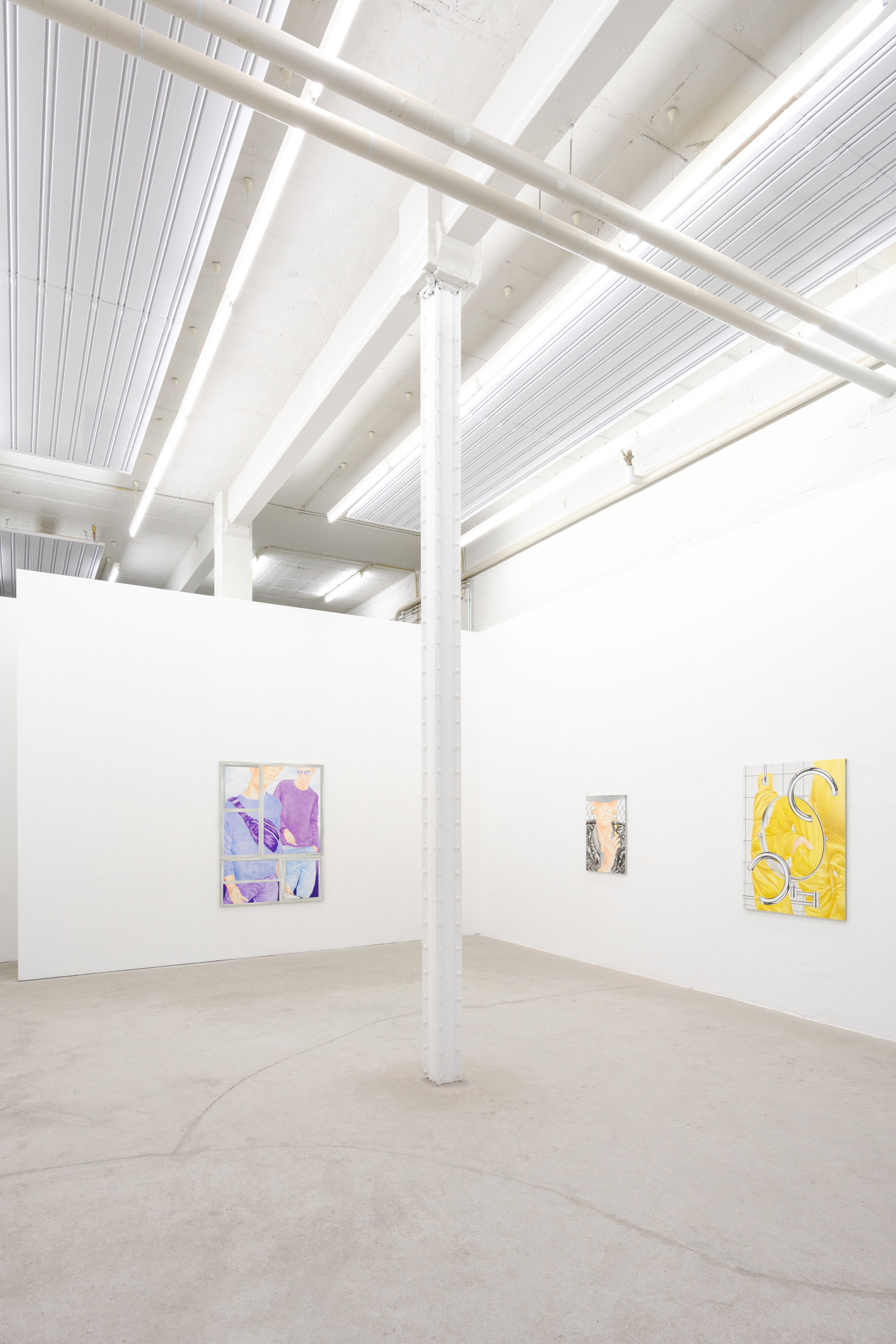
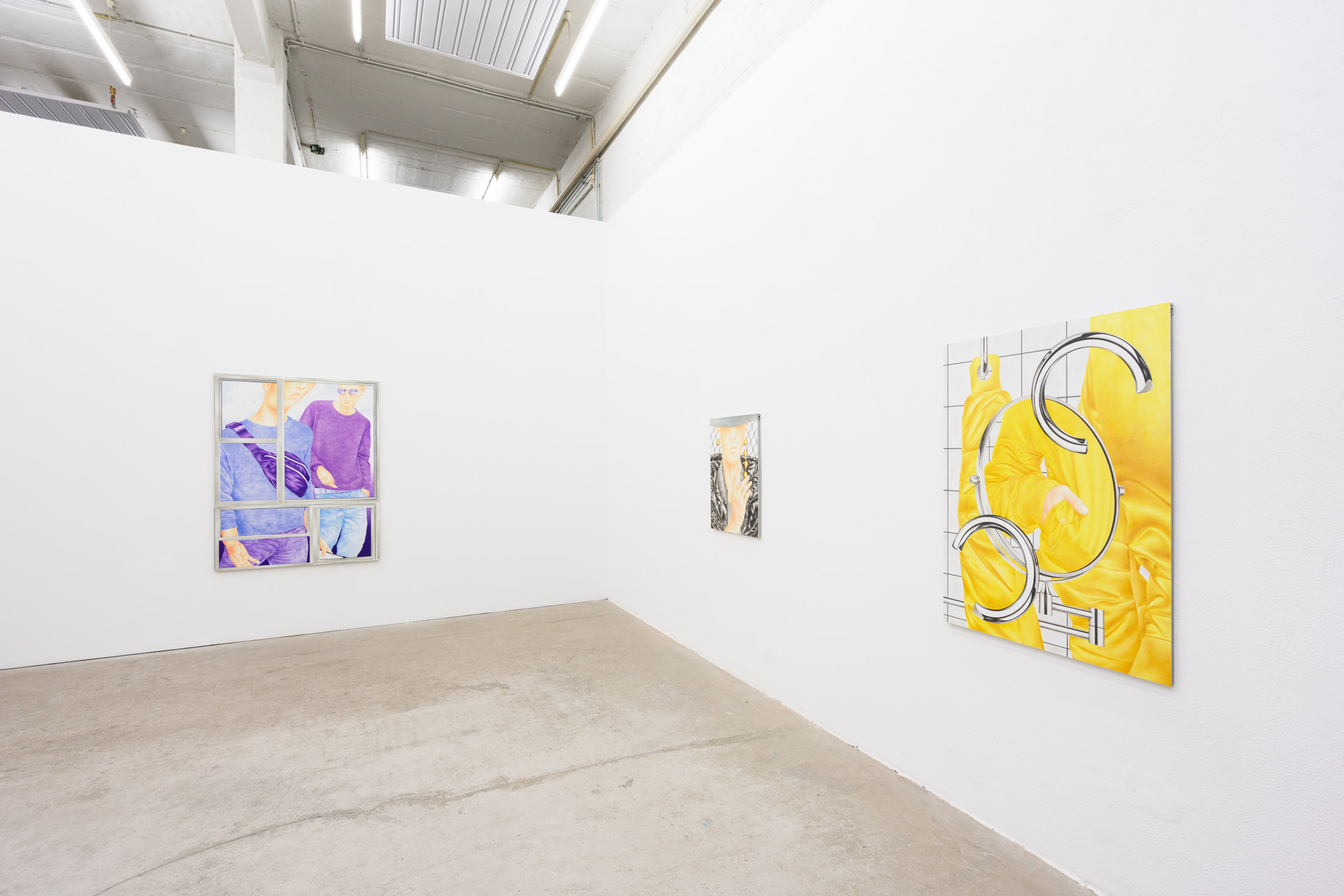
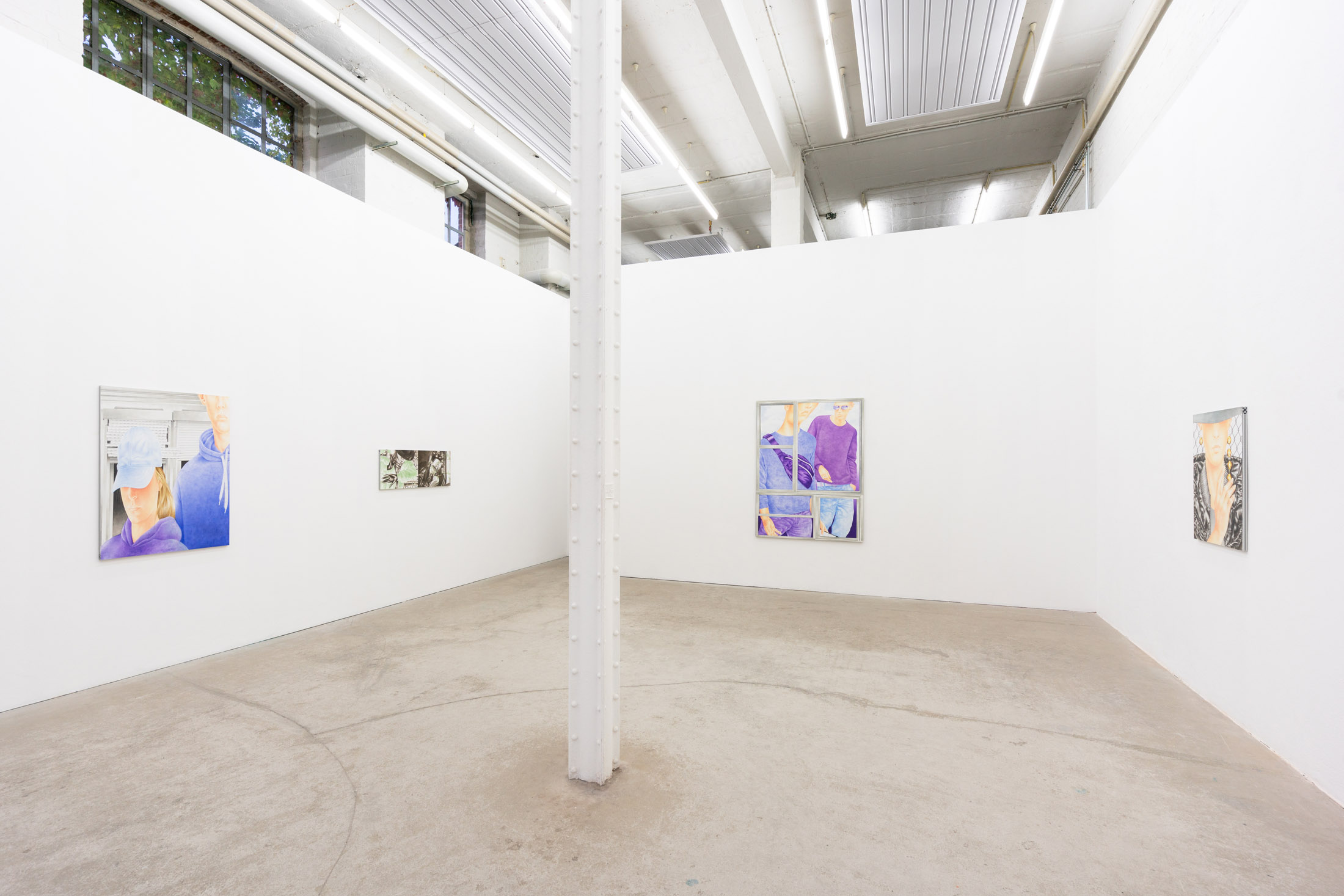
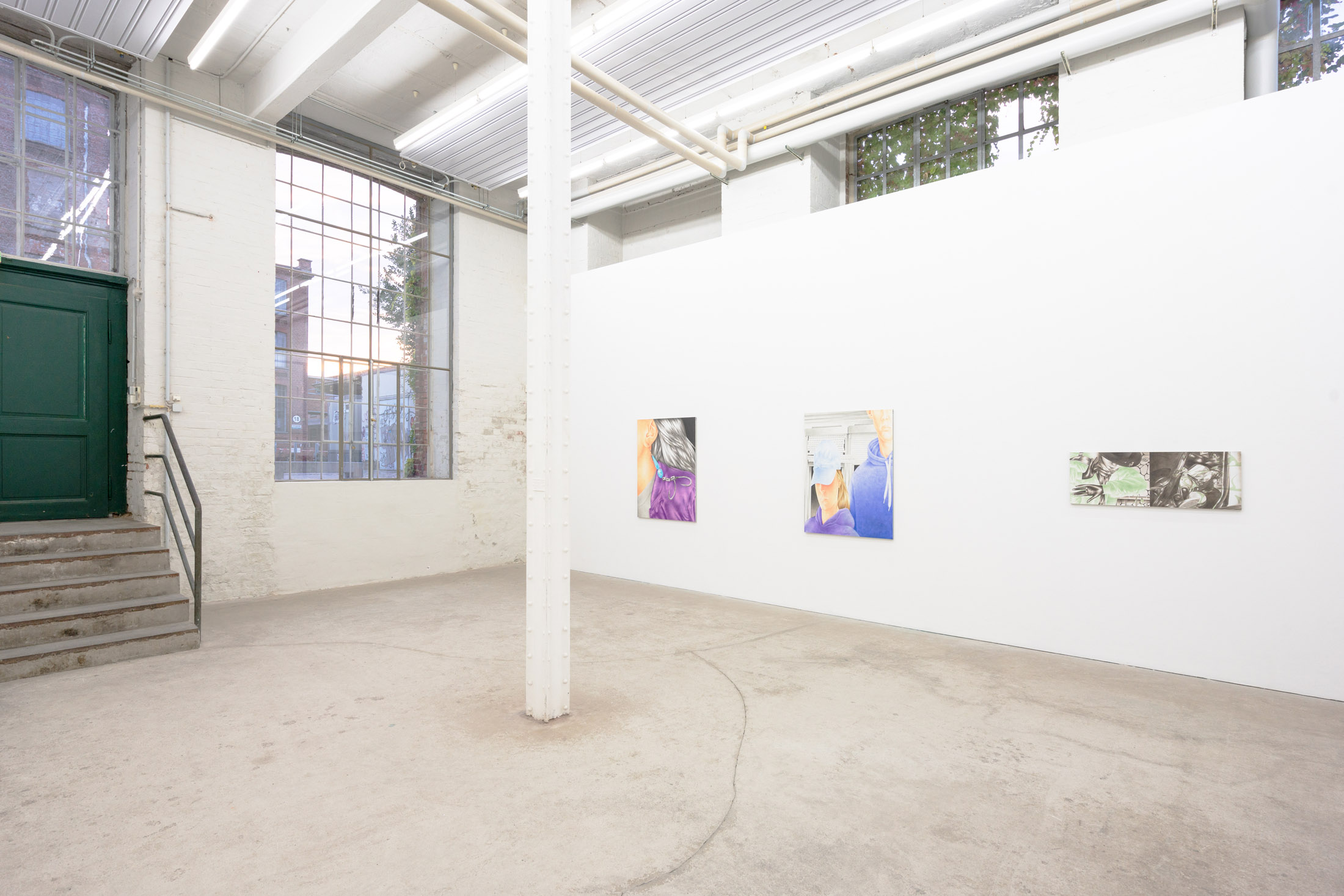
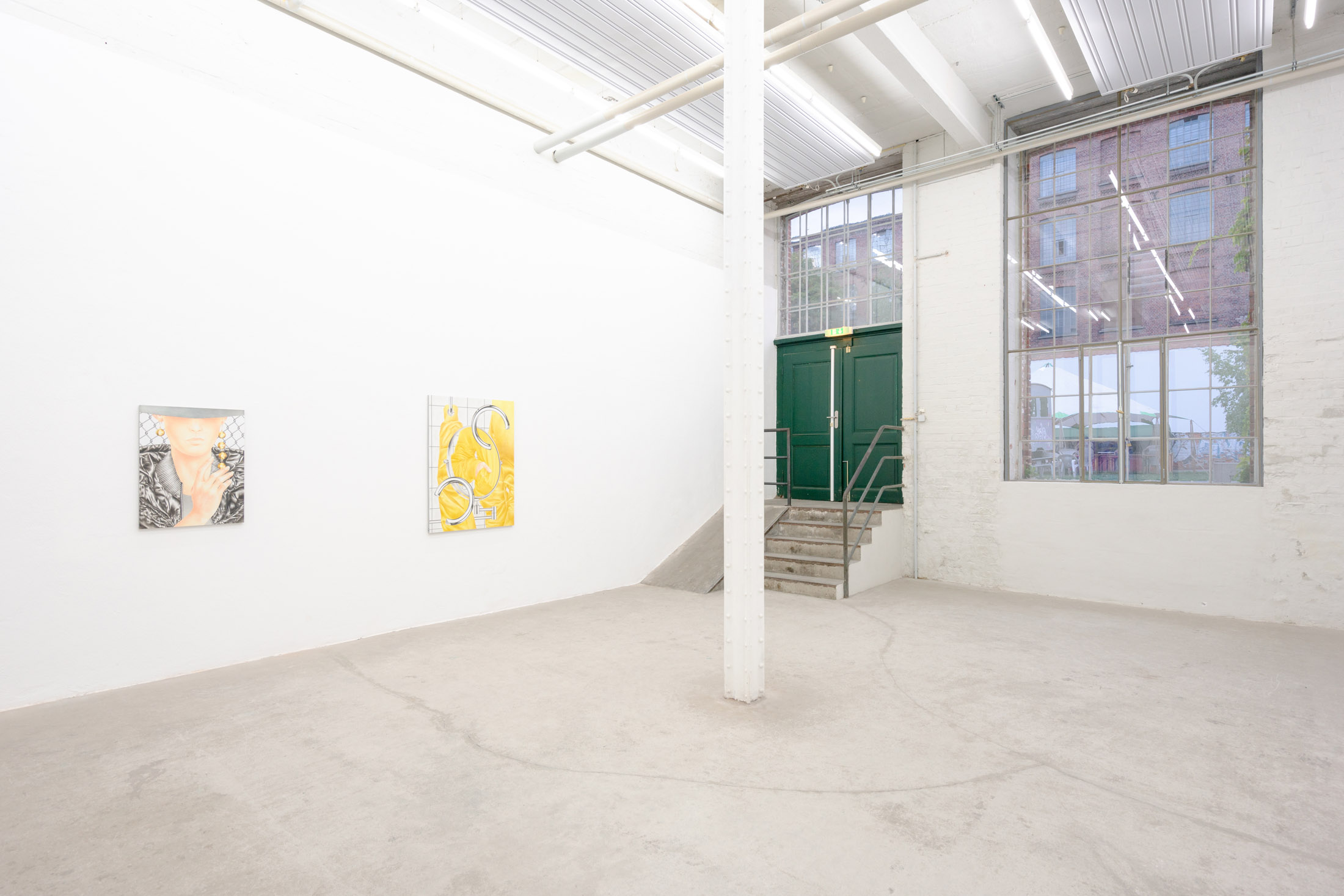
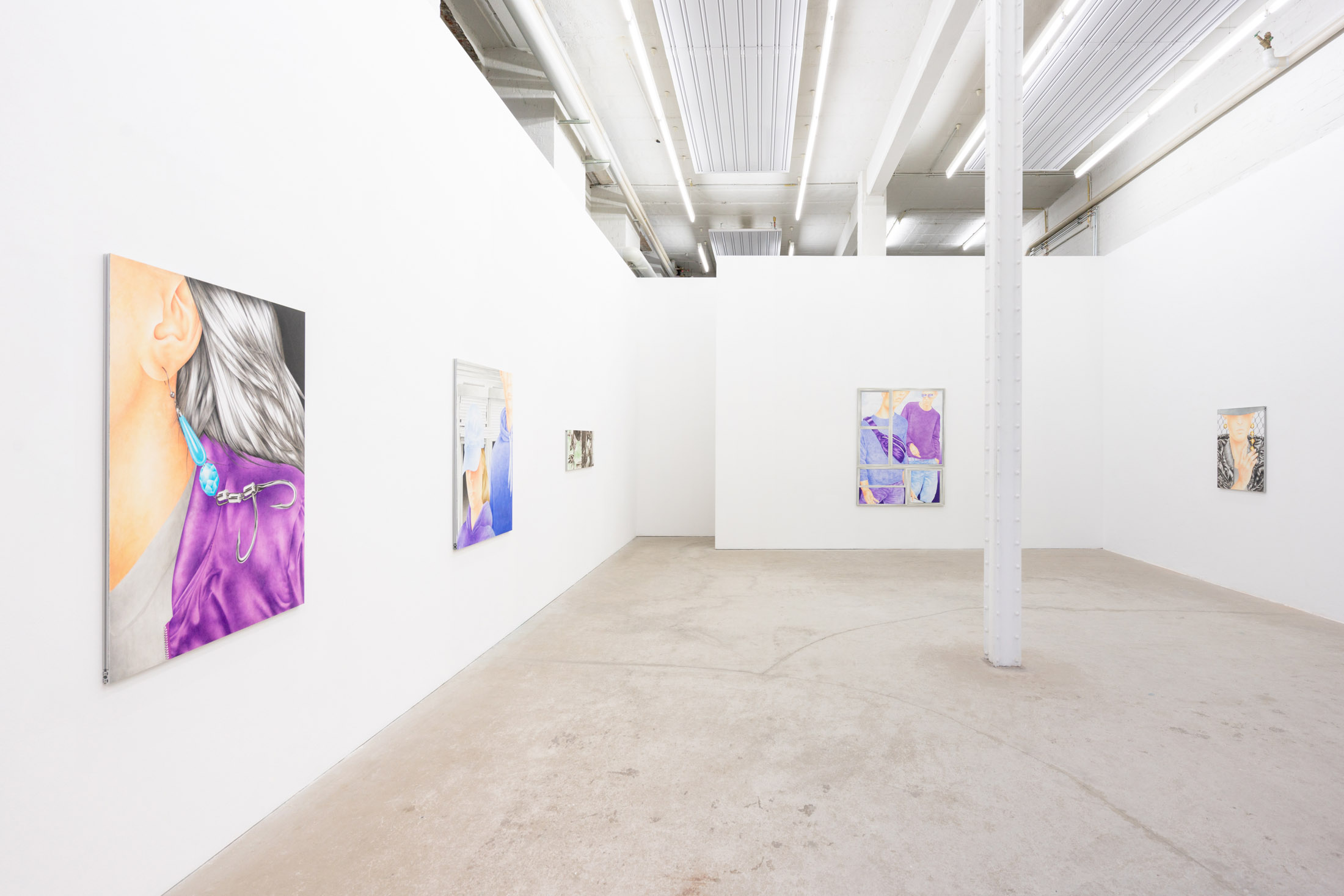
At the checkout lane
I look at a stranger who looks at another stranger,
and, in this very interval of separately-lived moments, none of us
think about how we’ll spend the rest of our days
yearning for other people.
But we don’t yearn for people for the sake of being people,
I don’t think. We yearn for their bodies’ components
that’ll eventually
(now or later, or much later after that)
allow us to recognize ourselves
in them. Parts that prove
the way we’ve lived,
the way we’d like to end.
Even consciously, the present never lets go of the past.
It just hopes for the same future. And the future is always far
and otherwise.
I look at the woman, she’s young but I think she might be older,
and it’s the moment her torso leans over the shopping cart handles
that makes me pause for an eternity
right there. This type of pull that lives a temporary life of its own,
because it’s unintentional and somehow gentle
because it doesn’t ask to get anywhere.
While I stare at her bent back,
I notice her orange crop top that’s so orange,
and I think about how bright colors only ever look good on people
who are too young to have been lonely, and how anything after that
always seems like an attempt at feeling alive,
alive, just enough,
only because they’ve tasted the opposite of purpose.
And how all of us,
standing in line, inside this supermarket,
are tired because we’re still here
thanks to other people, meanwhile outside
we keep waiting for someone else to change our circumstances
of today.
And I notice the stranger’s posture again,
the way she sinks deeper into the cart, and I don’t think she’s desirable anymore,
just someone who’s beautiful, and I think about mother,
how I straighten her back each time she’s next to me and looks at things,
and how she blames her wasted body gone to waste
because of that second hip surgery, but I think her body is wasting
because she never moves anymore.
And people who stop moving, I think,
mostly stop moving because they’ve stopped thinking about living in another country.
And mother,
she hasn’t mentioned her terrace in Rome
for a while now.
And if we’re ready to stop longing, I think that means we’re just dying,
and I don’t want mother to die,
because she’s the only one who’s able to convince me that, after all,
I can always live.
And then I think about how it’s usually other people
who remind us of our own mortality, and how
our mortality only ever means our only home
while nothing grand happens,
nothing grand at all.
by Lara Konrad